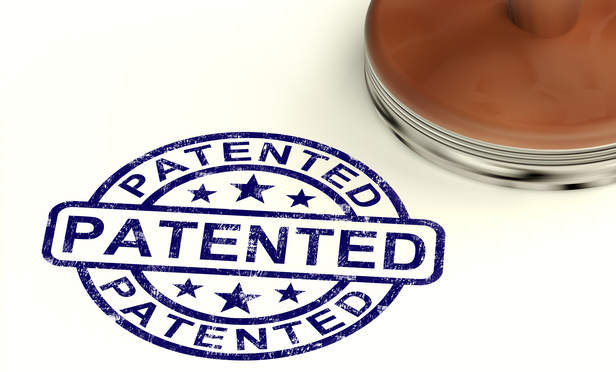Nearly every patent practitioner has been impacted by the U.S. Supreme Court’s decision in Alice Corp. v. CLS Bank International, 134 S.Ct. 2347 (2014). Alice applied the two-part eligibility test set forth in Mayo Collaborative Services v. Prometheus Labs, 132 S.Ct. 1289 (2014),i.e., is the claim directed to ineligible subject matter and, if so, is there an inventive concept in the claim that amounts to something significantly more than the mere ineligible subject matter? In Alice, the answer was no on both counts.
Patent prosecutors have met a dramatic increase in rejections on patent ineligibility grounds under 35 U.S.C. §101 and a significant decrease in allowed software and business method patents. For patent litigators, §101 has become the defense du jour, with district courts granting nearly two-thirds of motions asserting ineligibility. But is there hope for surviving Alice challenges? Perhaps.
This content has been archived. It is available through our partners, LexisNexis® and Bloomberg Law.
To view this content, please continue to their sites.
Not a Lexis Subscriber?
Subscribe Now
Not a Bloomberg Law Subscriber?
Subscribe Now
LexisNexis® and Bloomberg Law are third party online distributors of the broad collection of current and archived versions of ALM's legal news publications. LexisNexis® and Bloomberg Law customers are able to access and use ALM's content, including content from the National Law Journal, The American Lawyer, Legaltech News, The New York Law Journal, and Corporate Counsel, as well as other sources of legal information.
For questions call 1-877-256-2472 or contact us at [email protected]



